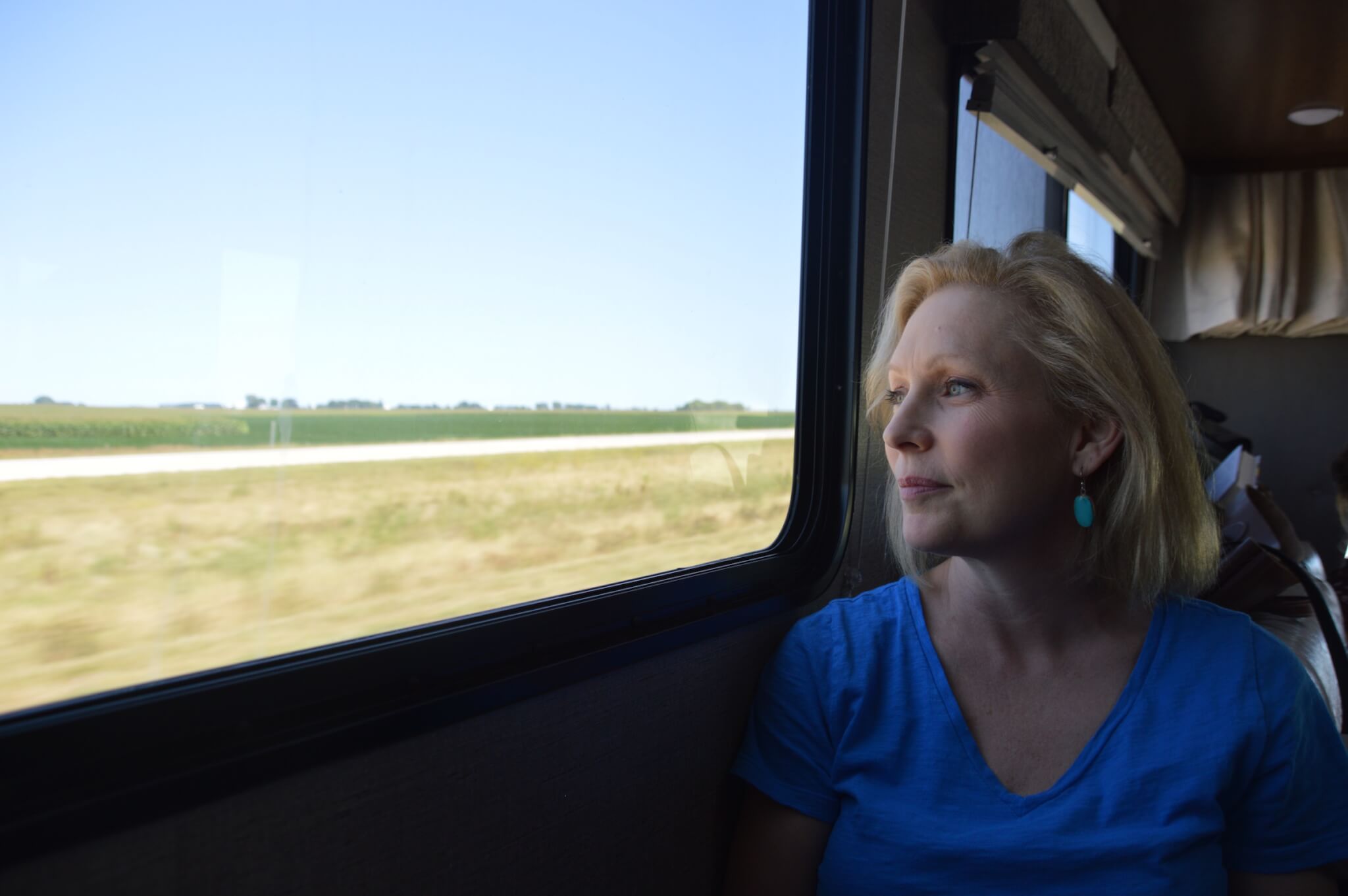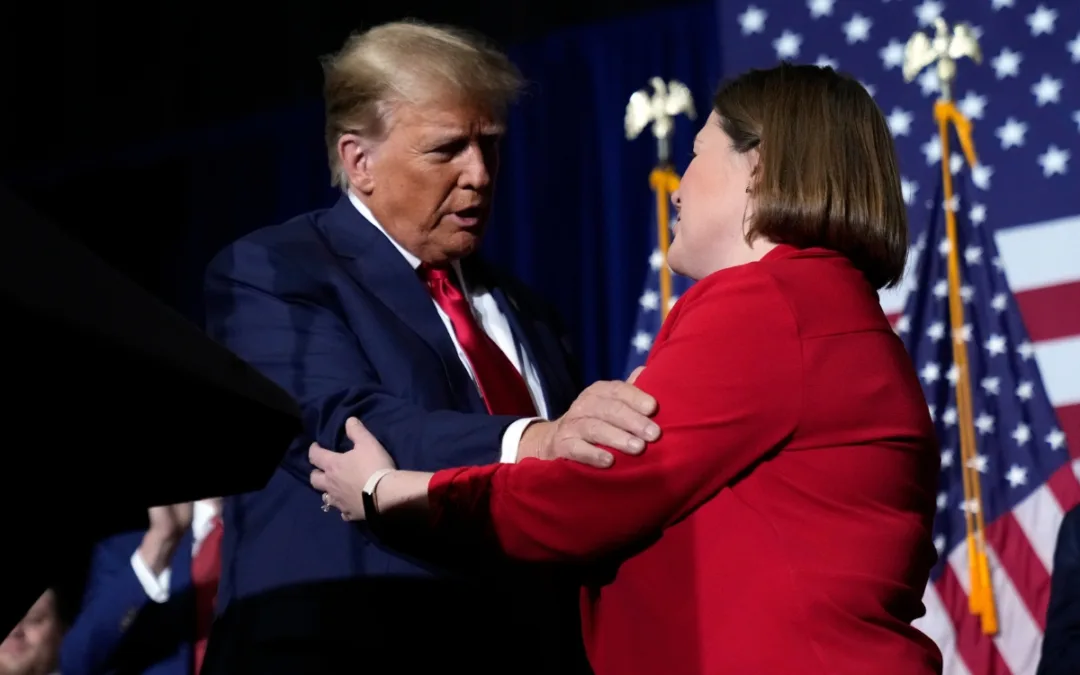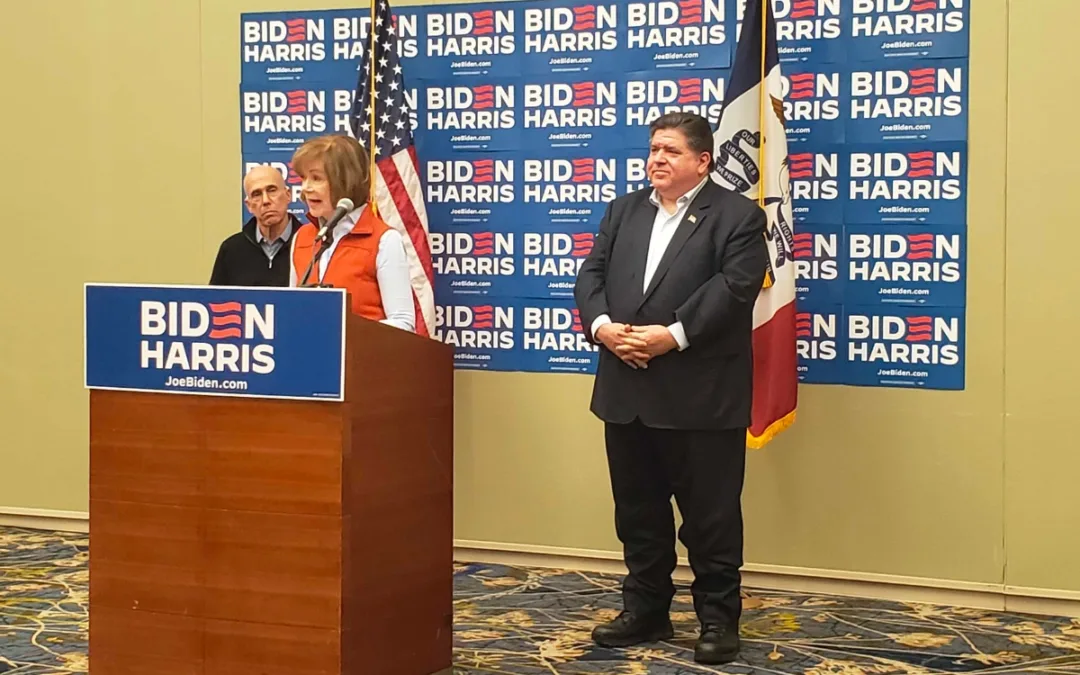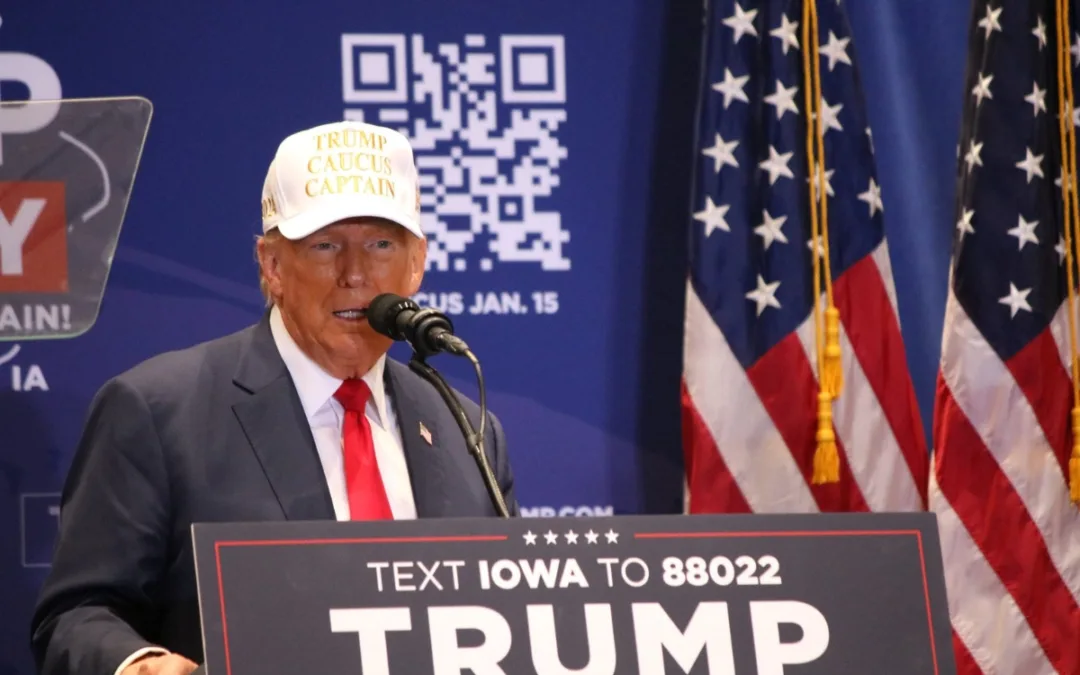
Senator Kirsten Gillibrand has dropped out of the presidential race, and there is no longer any joy in the world.
Well, maybe there’s still fun to be had on the campaign trail, but it will be difficult to match the enthusiasm and exuberance that Gillibrand brought to her candidacy. Indeed, it’s what confused many Iowans that saw her in person, how she simply failed to gain traction at any point in this primary.
Gillibrand consistently drew interest and respectable crowds around Iowa, even if she didn’t attract the kind of rallies that fellow senators Elizabeth Warren and Kamala Harris did. And she often connected personally with Iowans, something that, frankly, cannot be said of some former and current candidates (whom we will not name right now).
Her campaign found her ways to stand out beyond the usual stump speech circuit, with Gillibrand enjoying countless viral social media moments throughout the year. Gillibrand also ran a model LGBTQ community outreach effort that other candidates should learn from, and her full embrace of a feminist vision for the country stood out.
But she struggled with what everyone else did: too large a field with too many other popular contenders.
Many engaged Democratic activists I knew had her in their top three or five, it’s just that few had her as their first.
She was also hurt by high expectations. A U.S. senator from New York with a decent-sized national profile beforehand didn’t translate into early showings in the polls. Most of the national profiles written on Gillibrand in the late spring and early summer focused on how she had failed to break out, which just compounded the problem.
Unfortunately, any discussion of Gillibrand’s struggles probably needs to include the Al Franken storyline. I may be wrong, but I never got the sense that most Democratic voters felt too strongly one way or the other on Franken’s resignation. The constant press coverage of Gillibrand and Franken likely didn’t lose or win her many votes, but it did undermine her ability to get her other messages out.
Even if you believe the Franken storyline helped prove her willingness to stand up to party insiders, there were plenty of other compelling aspects of Gillibrand’s candidacy that may have been more helpful for voters to hear. Notably, I almost never saw the Franken topic come up at any of her Iowa events – from her or caucus-goers.
It may also have been a mistake for her campaign to lean in to it so heavily online. Early on in Gillibrand’s campaign, the only thing I saw from her come up as a sponsored ad in my Facebook newsfeed (and I saw it a lot) was her talking about Franken. Again, even though it was framed as her sticking to her beliefs, there probably were other ways to introduce Gillibrand to Iowans, aspects of her candidacy that people here actually talked about in person.
[inline-ad id=”0″]
Finally, her struggles were exacerbated by the DNC’s qualification rules for the debates. Like other candidates, Gillibrand had to spend an outrageous amount of money acquiring donors through inefficient Facebook advertising. She did start off with some real money thanks to a transfer from her senate account, but without any national traction, it was too difficult to both get so many donors and boost her polling numbers in the early states.
Perhaps her TV advertising could have started sooner. The first ad they put up was forgettable, but the second one will likely stand as one of the best, most creative of the cycle:
Still, it is unfortunate that Gillibrand had to leave relatively early on due to the debate restrictions. Her fellow senator and friend Cory Booker also entered the race with high expectations and has only recently started to really move his way up in the early state polls. Had that movement come a month or two later, he too might be in the same situation as Gillibrand, which just shows that requiring candidates in a huge field to break out by August (or really, July, considering the few polls after the second debate) isn’t the best way to determine viability.
[inline-ad id=”1″]
What It Means For Iowa
Gillibrand is the first candidate to drop out that should have a real impact on the Iowa Caucus race. Even though she was in the 1% area here, Gillibrand had recruited some good activists and volunteers. Her supporters are probably most likely to gravitate toward one of the other three female senators.
Most importantly, Gillibrand is the first to withdraw that had a very sizable campaign operation in Iowa. They had a talented and experienced Iowa team of 35 staffers by mid-August, all of whom are now free agents for their work and relationships with caucus-goers. For a caucus race still fully up in the air, quality staff coming open at this late a date could be a big benefit for other campaigns.
Both Joe Biden and Pete Buttigieg have now built up some of the largest staffs in the state. However, they both got such a late start on that effort that they don’t have nearly as many operatives with deep Iowa experience as Warren and Booker. Picking up some of the Gillibrand team could really help.
By the same measure, it’s just as important for Warren and Booker to snatch up what Gillibrand staff they can to further deny other campaigns those Iowa connections.
Everyone who made it into the September debate should be able to afford to invest more in their field staff now with another expansion, and this is the best opportunity to do it.
by Pat Rynard
Posted 8/29/19
Politics

Biden marks Earth Day by announcing $7 billion in solar grants
The Biden administration on Monday announced the recipients of its Solar For All Program, a $7 billion climate program that aims to lower energy...

6 terrifying things that could happen if the Comstock Act is used to target abortion
Does 1873 sound like a really, really long time ago? Well, that’s because it is—but if Republicans and far-right anti-abortion activists have their...
Local News

No more Kum & Go? New owner Maverik of Utah retiring famous brand
Will Kum & Go have come and gone by next year? One new report claims that's the plan by the store's new owners. The Iowa-based convenience store...

Here’s a recap of the biggest headlines Iowa celebs made In 2023
For these famous Iowans, 2023 was a year of controversy, career highlights, and full-circle moments. Here’s how 2023 went for the following Iowans:...





